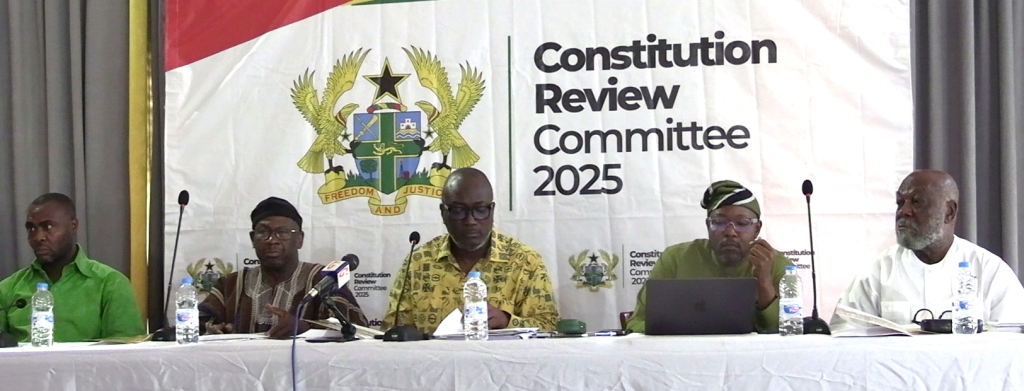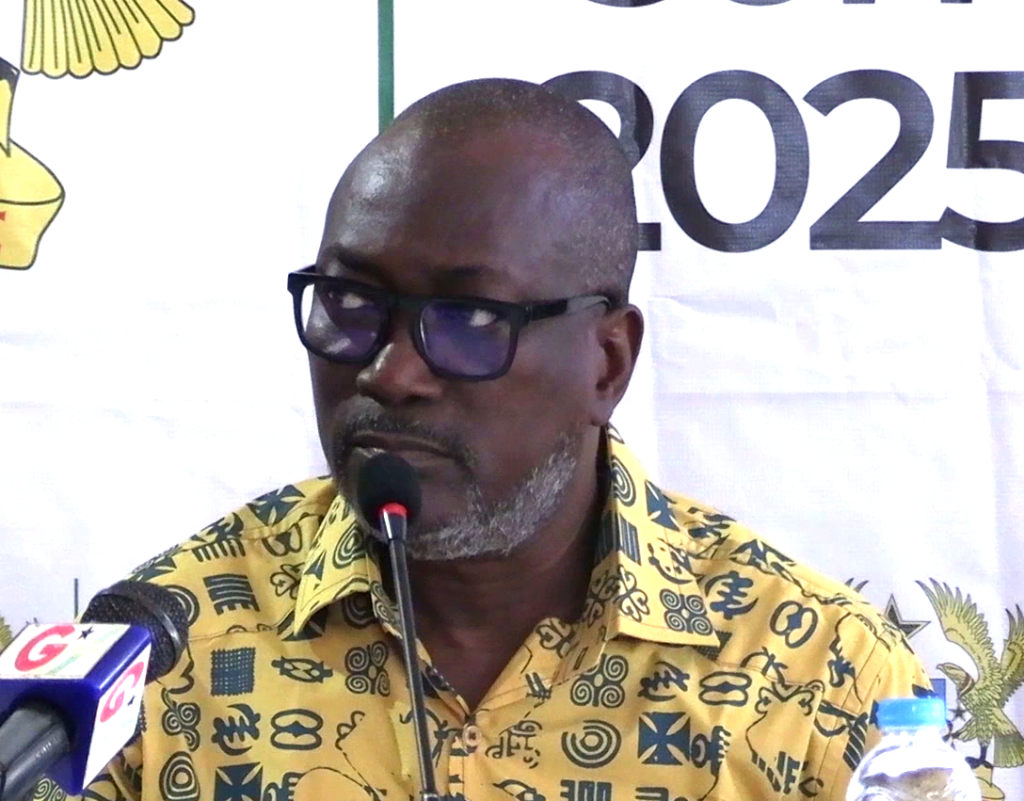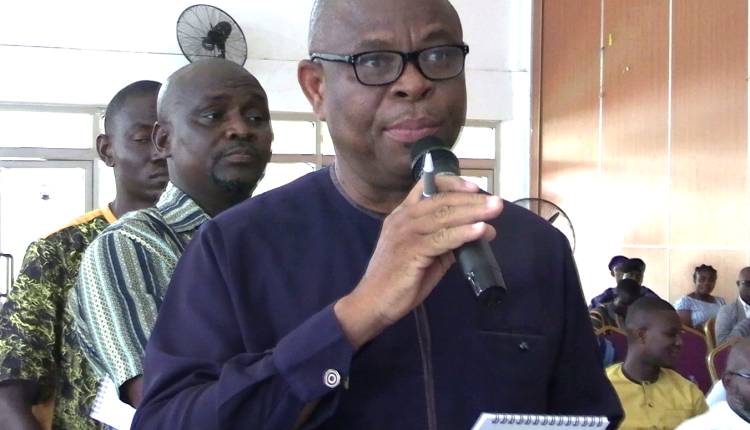Citizens demands major changes including abolishing of counsel of state, reduce president power to appoint, retiring with salary in Ghana’s constitution
Citizens including civil servants, security service personnel and the various interest groups have proposed to the Constitution Review Committee (CRV), to abolish council of state, reduce the president power to Chief Justice, Inspector General of Police and chairperson for the electoral commission.
They have also proposed that no public servant including article 71 office holders should retire with their salaries. They view this as discriminatory and a practice that encourages inequalities in the country.
Sharing their views, suggestions and recommendations at the constitutional review stakeholder’s engagement northern zonal consultative meeting in Tamale, the citizens including civil society organizations further proposed to the committee to make provisions for turner of members of parliament and clear procedure to impeach or remove sick or incapacitated MP to ensure that the constituents are not deny representation in parliament.

They also proposed to the committee to cap the creation of new districts and also take away powers or rights of the electoral commission to create new constituencies.
While some call for a provision in the constitution to allow the youth to contest the presidency, others call for clarity on the president’s two terms stipulated in the constitution to avoid a third term ambition of a sitting president.
Some citizens also propose that the election month be moved from December to November to create enough room for a transition period for smooth handing over to the new government.
The compulsory retirement age of 60 came up strongly with citizens suggesting it increase from 60 to 65. Another critical area citizens want the constitution to address was the national development agenda.
They want a provision in the constitution mandating political parties in power to ensure the national development plan supersedes political parties’ manifestos. This, they believe will address misplaced priorities by parties in power and continuation of critical infrastructure projects.
Chairman of the committee, Professor Henry Kwasi Prempeh commended Ghanaians for the keen interest in the work of the committee and proposals they are submitting and call on citizens to continue to send their submissions to the committee’s official email address (submissions@costitutionreviewgh.org).

The zonal meeting professor Prempeh explained is part of CRCs mandate in soliciting views from the citizens which provisions and articles in the 192 constitutions should either be amended or removed completely.
According to the chairman, though there are general feelings that Ghana’s democracy has successful elections to elect leaders, the people feel not satisfied with governance.
These and many other reasons, professor Prempeh noted accounts for citizens asking for portions of the constitution to be reviewed. The eight-member constitution review committee chaired by Professor Henry Kwasi Prempeh has been looking at the 20210-2011 constitution review commission report since Murch this year.
The zonal stakeholder’s engagement the chairman explained was part nationwide consultations engagements and discussions with institutions, academia, professional bodies, politicians and various interests’ groups on key thematic areas. The committee professor Prempeh said also met both current and former presidents and key appointees including chief of staff.
The committee, the chairman said, will hold a meeting with the national house of chiefs in July 2025.
Professor Prempeh observed citizens were interested in how they want the country to be governed and democracy should be delivered for the people.
Professor Prempeh observed that the recurring issues from the committee engagement indicates that citizens’ interruption with their members of parliament need to be improved to enhance good governance.
The CRC chairman entreated Ghanaians to ensure they submit their inputs before the committee concludes its work and submit a report to the president. He lauded suggestions of rotating national capital as in the practice in South Africa where supreme court, legislature and the state house are in different regions.
Responding to concerns about the rights of Muslim students at the various educational institutions, a member of the committee, Professor Kwame Karikari assured the Muslim community of the issue, stating that the committee has met Islamic community at the national level.
The Tamale consultative meeting brought together chiefs, civil society organizations, security services, students and civil servants offers the public the opportunity to make suggestions and recommendations to be included into the 1992 constitution.


